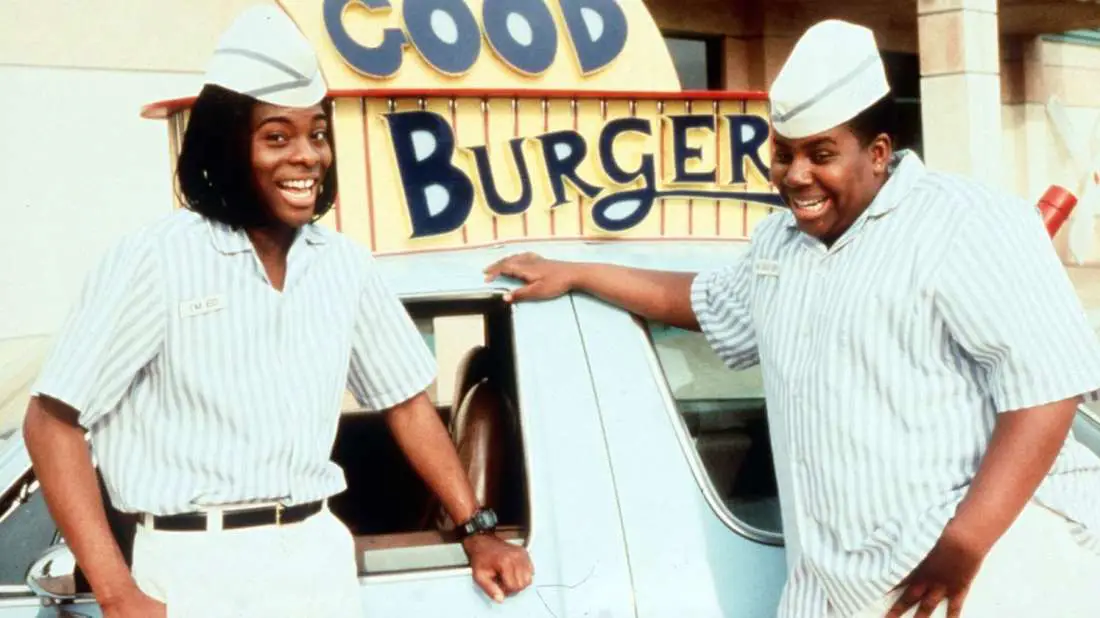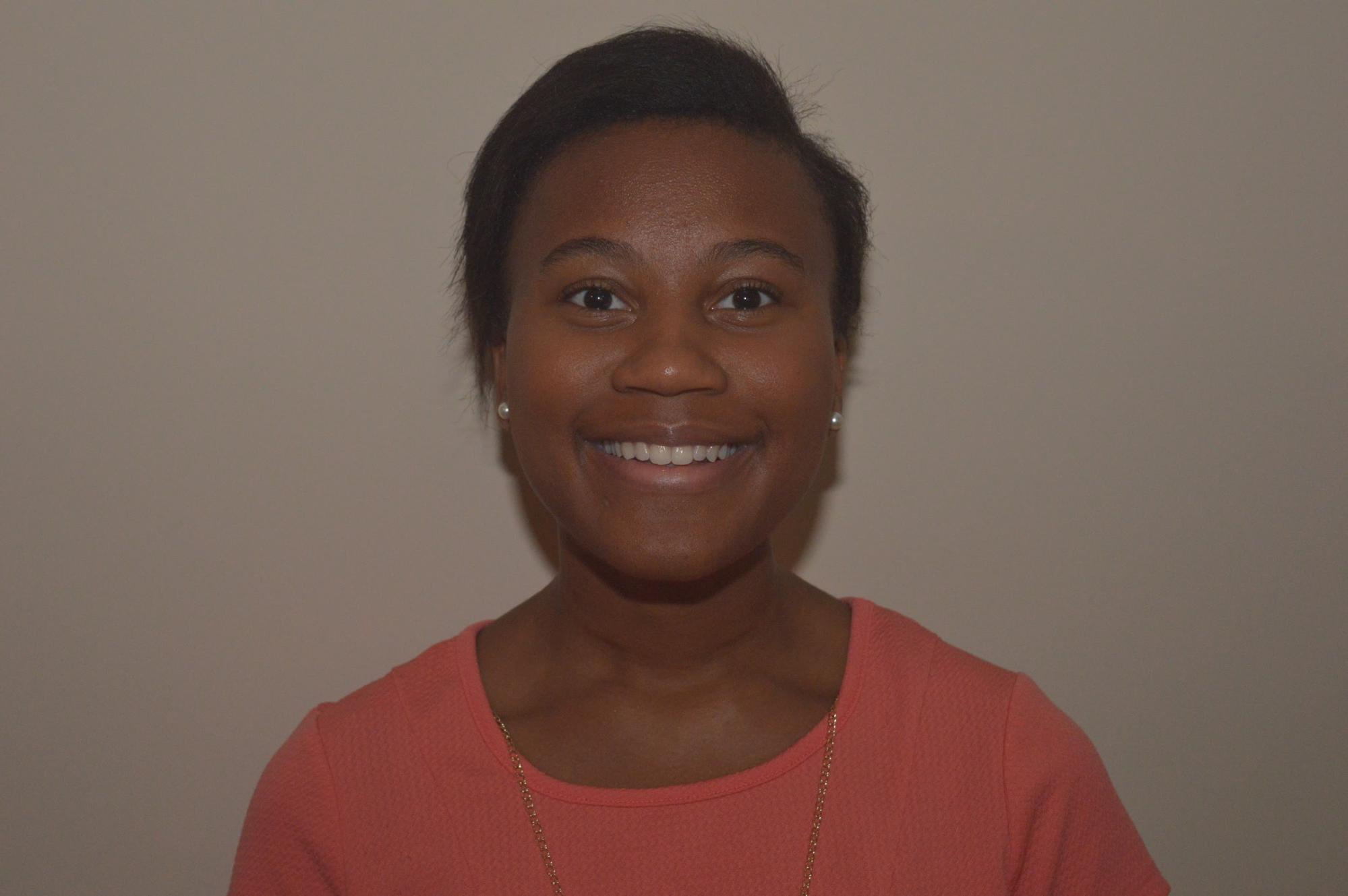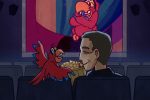“Ohhhh-Oh-ohhh, ohhh … This is alllllll that, this is alllllll that,” ’90s singing group TLC crooned to a funky R&B groove. If you were alive at all during the decade, you would have known that was the theme song for Nickelodeon’s popular kids’ sketch comedy show, “All That.” While it has been several years since a similar show was on TV, you couldn’t seem to get away from them in the ’90s and 2000s.
Premiering in 1992, “Roundhouse” was Nickelodeon’s first venture into the sketch comedy genre but was cancelled after its four-year run, supposedly because network executives felt it was too old for their then 6 to 11-year-old demographic. “All That,” which aired from 1994 to 2005, featured various sketches including popular recurring ones like “Good Burger,” which starred Kel Mitchell as a ditzy cashier who would almost certainly get your order wrong and “Ask Ashley,” starring then tween Amanda Bynes, who doled out rage-filled advice in response to dumb letters.
Bynes later went on to star in the spinoff “The Amanda Show,” though the series was probably more prevalent for 2000s kids like myself. The show took a different approach than “All That” by having an actual host that appeared in most of the sketches in a way similar to the celebrity ones on “Saturday Night Live.” Some memorable sketches from the series include “The Girls’ Room,” which followed a clique of high school girls as they met in the girl’s bathroom and “Judge Trudy,” a parody of “Judge Judy” that, for some, still sparks flashbacks of the infamous dancing lobsters boogieing their way into the courtroom at the end of every sketch.
If you switched to Disney Channel in the ’90s, you might have caught up with “The All New Mickey Mouse Club,” the third reboot of the original ’50s show, “The Mickey Mouse Club.” The reboot introduced unsuspecting viewers to future household names like Christina Aguilera, Justin Timberlake and Britney Spears. Disney Channel tried their hand again (albeit not as successfully) at sketch comedy in 2011 with the “Sonny With A Chance” spinoff, “So Random.” The network advertised the project as a “show within a show” because “So Random” was the sketch comedy show the “Sonny With a Chance” characters starred on.
Although “So Random” could not replace “All That,” it was still fun to watch sketches such as “Tantrum Girl,” which followed in the footsteps of “Ask Ashley” by spotlighting another screaming tween; “Rufus: Kid With Excuses,” a skit that featured the phrase, “You’re not going to believe this,” as the running gag; and “Ketchup on Everything,” a parody of Willow Smith’s viral hit, “Whip My Hair.”
Luckily for kids today, “All That” alum Kenan Thompson appears to be spearheading a new project called “Pocket.watch Presents Skoogle,” a sketch comedy that would poke fun at the highly digitalized world kids today live in. Á la Alexa, Thompson will voice the digital assistant that helps the young characters figure out their problems. The concept definitely seems like a fresh take on the sketch comedy genre. It’s way too early to decide whether it’ll live up to its predecessors, but I can explain why now is the best time to bring back the kids’ sketch comedy genre.
At the moment, there is nothing to fill the void of a kids’ sketch comedy show, except for social media stars. Disney used this line of thinking to prioritize social media over television when the company rebooted the “Mickey Mouse Club” again as “Club Mickey Mouse,” a recycling of the concept that featured a steady stream of music videos and behind-the-scenes feature-ettes on social media platforms like Facebook and Instagram instead of a traditional show format.
And before Vine became a relic of the mid-2010s, popular account holders like LeLe Pons, Brent Rivera and King Bach created sketches in the app’s six-second time constraint, before later migrating to YouTube and expanding the length of their skits. For young people of the era, both “Club Mickey Mouse” and Vine offered platforms for young, creative entertainers to showcase their comedic chops, but neither format quite captured the magic of the classic, turn-of-the-century kids’ sketch comedy shows.
For me, watching social media video clips sketch on my phone or computer is a different experience than watching a television show. On your phone or computer, you get to choose the sketches you want to watch but you might miss out on some hidden gems. Because all of the sketches are packaged together on a TV show, you might find yourself stumbling upon something you wouldn’t normally watch. When watching a television series, you don’t get to judge the sketch by its title, thumbnail or number of views. Instead, the next sketch plays automatically.
Kids’ sketch comedy shows should be revived because “SNL” and the sketch comedy you find on Comedy Central is inappropriate for children. Some “SNL” sketches are okay, but others, like ones that contain swearing or sexual references, not so much. You can find some compilations of clean sketches on YouTube, but I wouldn’t recommend kids watch the complete “SNL” episodes.
Having a kids’ sketch comedy show would allow kids to enjoy sketches and impersonations just like adults get to do but with clean humor. The dirtiest material would probably be a few fart jokes here and there. Also, adults who don’t like the raunchiness of “SNL” could enjoy the show as well, making it something the whole family can watch together.
Plus, bringing back the kids’ sketch genre will also benefit the actors. By participating in sketches, performers have to morph into various characters within short amounts of time. Sketch comedy shows serve as a platform for emerging actors to show off their skills. Just look at Kate McKinnon. After being on “SNL,” she was able to land roles in movies like the 2016 “Ghostbusters” reboot, “Rough Night” and the upcoming “The Spy Who Dumped Me.”
I also think bringing back kids’ sketch comedy could make creating new shows less risky. “All That” led to a myriad of spinoffs that were successful because the show’s sketches worked as teasers to help viewers decide if they liked those particular characters and storylines. One good example outside of children’s television is “The Simpsons,” which started out as a short on “The Tracey Ullman Show” and is still on today. Writers and producers still unsure about an idea for a show could use the sketch comedy format to test drive it.
Circling back to “Skoogle,” I have no idea what will come of this show. I’m glad Thompson or Nickelodeon is not rebooting “All That.” The show was just right for the time period in which it took place, but this next generation of kids deserves a sketch comedy series that they can call their own.

















